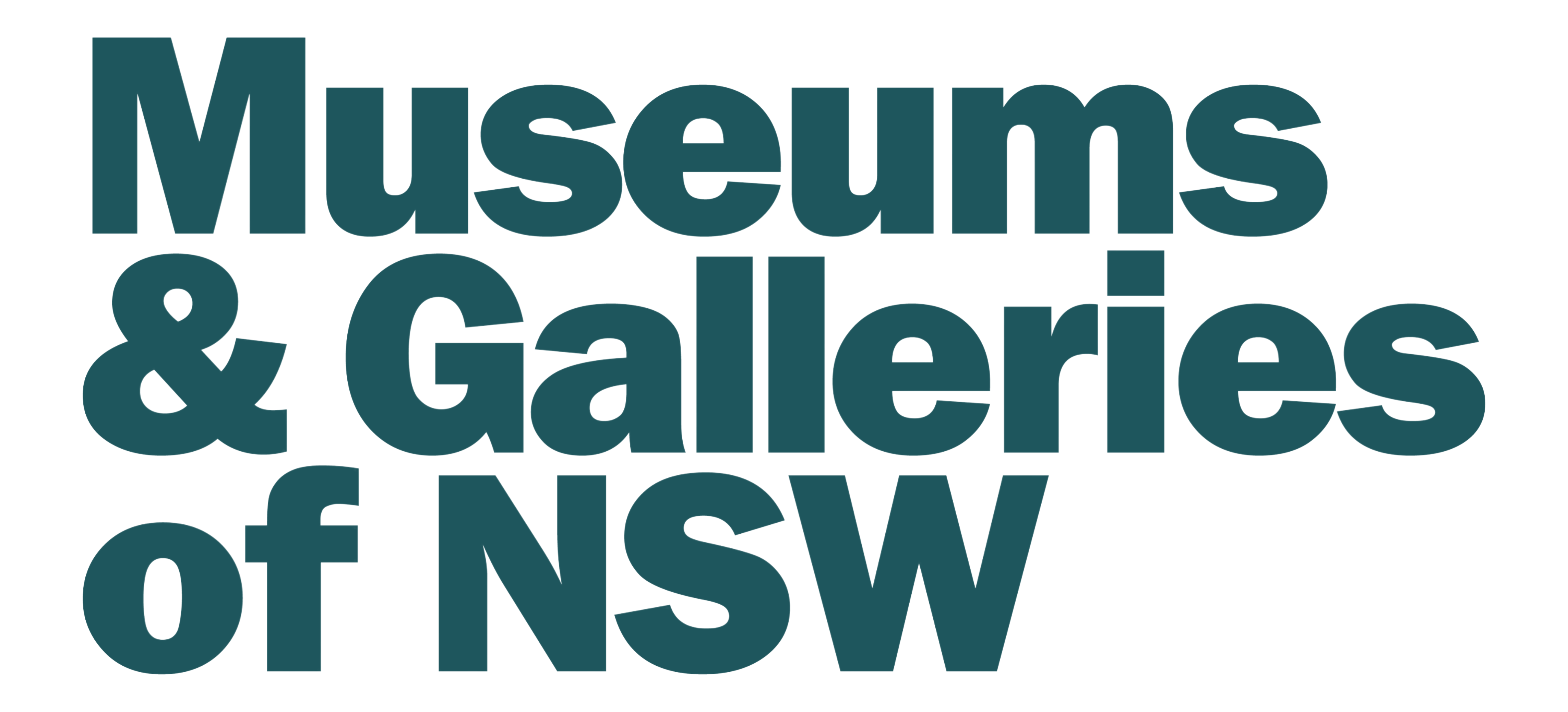Writing a grant application? Tips for success
Is it the right grant?
Applying for grants takes a lot of time and energy. Before you embark on an application read the guidelines carefully and talk to someone in the funding organisation to make sure the grant you have identified is suitable for your project.
The funding organisation may be able to identity a more suitable grant.
Find out what you can about the grant and the funding organisation as well. Look at the organisation’s website, their printed material and make sure you know what are the organisation’s key strategies, mission statement and main objectives. This is important to know so that you can identify how your project will fulfil their objectives.
Who’s going to manage your project?
How projects are managed is of critical concern to any funding body handing out public funds.
Funders want to see clear lines of responsibility drawn up for all aspects of project management. They will require demonstrated abilities in the careful and accurate grant acquittal (the legal and financial administration of the money) process as well as for the co-ordination, timetabling and people management aspects of the project.
They will want to see how the nominated person or people will ‘drive the project’ so that the aims are met.
Demonstrating your credibility
Many grant applications have a number of questions about constitutions, strategic plans, annual reports, and previous grant histories. These questions help the funding organisation ascertain how the organisation operates and will manage the money.
Sometimes considerable research is required to address these aspects of the application, so be sure to collect all the relevant information prior to writing the application and well before the due date.
Building partnerships
In preparing your application consider ways to include other organisations in the project and whether they can contribute support, in kind or financially.
Working with the local council is often very productive, as is developing relationships with other arts or cultural organisations in your community. The ability to attract outside sources of income is critical to the success of your application, so think in terms of securing private sponsorship for an event or program, seek out a local business to pay for some promotion, or request use of fee-free spaces for workshops or presentations. Demonstrating community support and involvment in your project is important regardless of whether it is direct financial support.
Funding bodies want to see their funds benefit as many different ‘audiences’ as possible. An ‘audience’ is regarded as a group of people within your community who have something in common with each other.
Many grants require demonstration of how your organisation will include the public or community in your project. When planning your project make sure you build in real and meaningful experiences for those participating in workshops, presentations or programs. Don’t make the mistake of treating this aspect of the grant requirement as a ‘box ticking’ exercise.
Funders are committed to sharing resources, building long-term realistic partnerships across similar organisations and especially in regional areas.
Selling your project
Get together in a group and brainstorm the important factors of your project. Prioritise this list and make sure you can describe each feature of the project succinctly and accurately.
Try to look at your project from other viewpoints—identify why it is so important that your project should be funded over other projects. Identifying this and expressing it clearly at the start of the application will increase your chances of success.
Be clear and succinct
Most funding organisations receive more applications that they have money to give out. It’s important to attract their attention in the first paragraph of the application.
Get you message across clearly, explaining the main details of your project and how it will fit in with the other aims of your organisation. Ensure that you stay within the word limit set by the funder. Your application needs to be easy to read and understand so that the project officer can assess it accurately.
Use plain English
Plain English is a term that refers to a specific use of language. It is based on the use of active verbs (subject before object in sentence construction), brevity and minimising technical terms and jargon. Plain English enhances a reader’s comprehension and minimises the authoritative voice. It’s faster to write, faster to read and gets your message across in a friendly, no-nonsense way.
It’s a competitive process
Your application will be assessed against other applications. Everyone who applies for a grant believes their project should be funded so ensure the tone of your application is optimistic, well-reasoned with a clear and concise message.
You have a limited time to capture the funders attention and to argue your case. Make sure your application has all the required attachments, is complete, neat and easily read. Check it and ask someone else to check it again—well before submission day.
That way, you are in there with a fighting chance!
Good luck and happy writing.
Writing a grant application - tips for successYou may also like:
Royal Australian Historical Society – Grant Workshop Handout
Writing for success
